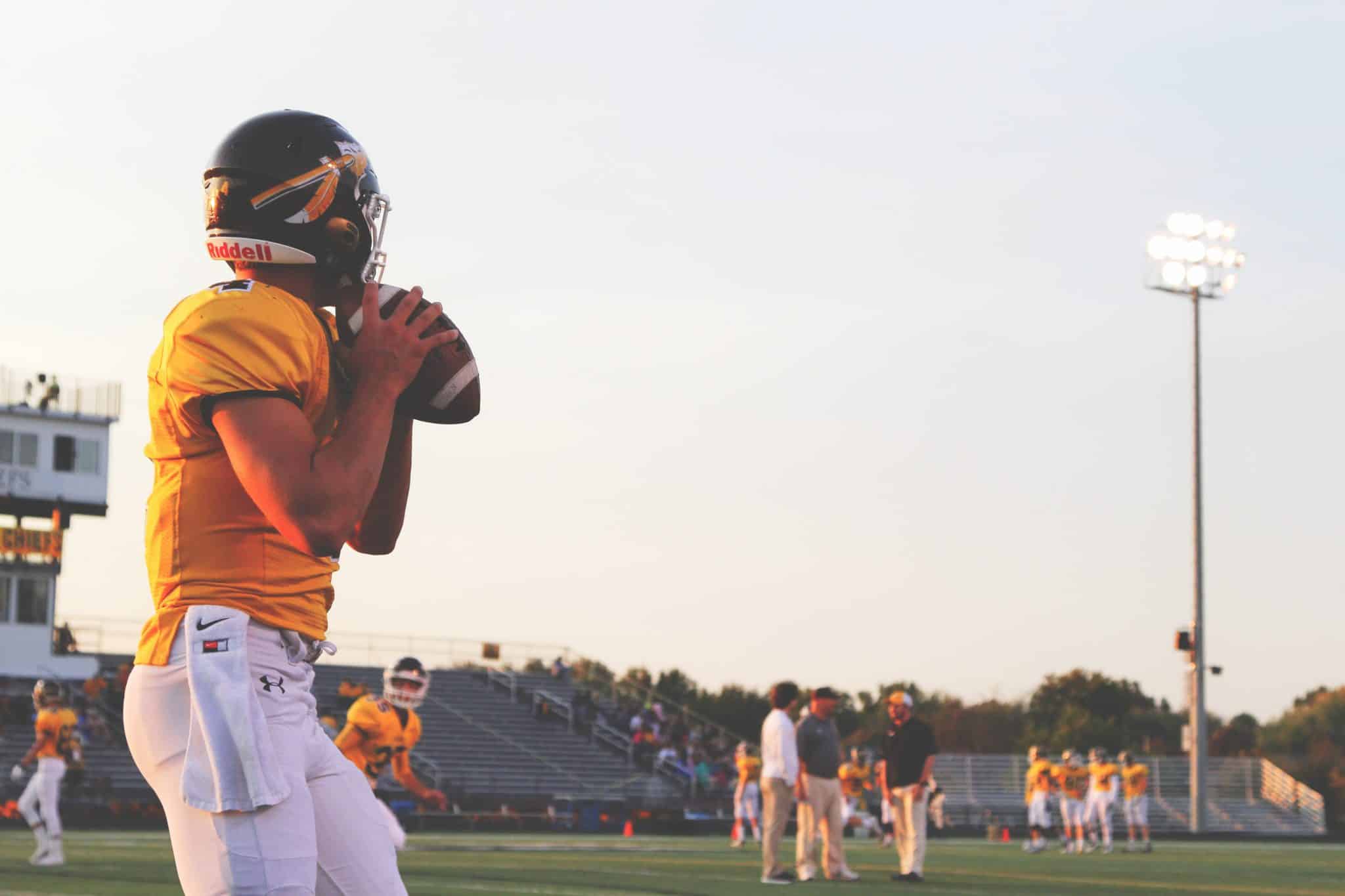Alisha Jarwala is a student at Harvard Law School and a member of the Labor and Employment Lab.
The NCAA Board of Governors voted unanimously on Tuesday to start modifying its rules to allow college athletes to profit from their names, images and likenesses “in a manner consistent with the collegiate model.” ESPN reports that the NCAA formed a working group on this issue in May, after states including California began to push for legislation allowing college athletes to accept endorsement deals (I wrote about California’s Fair Pay to Play Act here). So far, more than a dozen states have expressed interest in similar laws. ESPN notes that the different options proposed by states (and the potential for litigation) has motivated the NCAA to start working on a uniform national rule that it hopes will appeal to all members of the association. However, the National College Players Association (NCPA), a nonprofit that advocates for college athletes, criticized the announcement as meaningless and vague. Ramogi Huma, NCPA executive director, told the Washington Post: “I think this is a bit of smoke and mirrors here, which signals that the NCAA is still going to oppose players receiving real compensation.”
Ten current and former workers at the American Federation of Government Employees (AFGE), the largest federal worker union, told Bloomberg reporter Josh Eidelson that they witnessed or experienced sexual misconduct from AFGE President J. David Cox. The allegations of misconduct include Cox licking a subordinate’s ear and urging secretary to shower with him. Following the news, employees of the union were told yesterday afternoon to refrain from discussing the allegations on social media or with any of AFGE’s 300,000 members across government agencies. Cox has denied the allegations and will take a leave of absence while they are investigated.
Jared Bernstein, a senior fellow at the Center on Budget and Policy Priorities, writes for the Washington Post that the current problem facing the U.S. labor market is job quality, not job quantity. According to a new Gallup survey, only 40 percent of Americans report having “good jobs,” even though unemployment is at a 50-year low of 3.5%. While compensation is important, Bernstein notes that other factors were also key to survey respondents, including control over hours, stability, professional development, and chances for upward mobility. His conclusion? “[T]he next time you hear some policymaker bragging about jobs, jobs, jobs, remember to ask her: What kind of jobs are we talking about?”
The AFL-CIO announced on Tuesday that it will host a presidential forum on March 12, 2020 in Orlando, Florida. “The forum is the week before the Florida primary, and will offer a chance for candidates to tell workers why they should earn their vote,” the group noted in a statement.
Finally, the Wall Street Journal discusses how businesses are ramping up automation in warehouses for the holidays, when online orders can surge tenfold. Some businesses are ordering (or leasing) extra fleets of robots that use cameras and sensors to lead workers to the right shelves or to move products between stations. One study estimates that by 2025, about 27.6% of warehouses around the world will deploy commercial robots, compared to around 3% in 2018.






Daily News & Commentary
Start your day with our roundup of the latest labor developments. See all
July 8
In today’s news and commentary, Apple wins at the Fifth Circuit against the NLRB, Florida enacts a noncompete-friendly law, and complications with the No Tax on Tips in the Big Beautiful Bill. Apple won an appeal overturning a National Labor Relations Board (NLRB) decision that the company violated labor law by coercively questioning an employee […]
July 7
LA economy deals with fallout from ICE raids; a new appeal challenges the NCAA antitrust settlement; and the EPA places dissenting employees on leave.
July 6
Municipal workers in Philadelphia continue to strike; Zohran Mamdani collects union endorsements; UFCW grocery workers in California and Colorado reach tentative agreements.
July 4
The DOL scraps a Biden-era proposed rule to end subminimum wages for disabled workers; millions will lose access to Medicaid and SNAP due to new proof of work requirements; and states step up in the noncompete policy space.
July 3
California compromises with unions on housing; 11th Circuit rules against transgender teacher; Harvard removes hundreds from grad student union.
July 2
Block, Nanda, and Nayak argue that the NLRA is under attack, harming democracy; the EEOC files a motion to dismiss a lawsuit brought by former EEOC Commissioner Jocelyn Samuels; and SEIU Local 1000 strikes an agreement with the State of California to delay the state's return-to-office executive order for state workers.